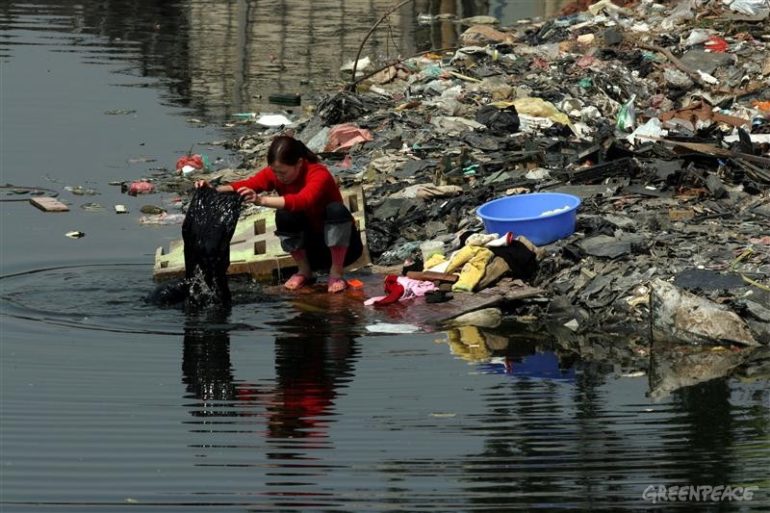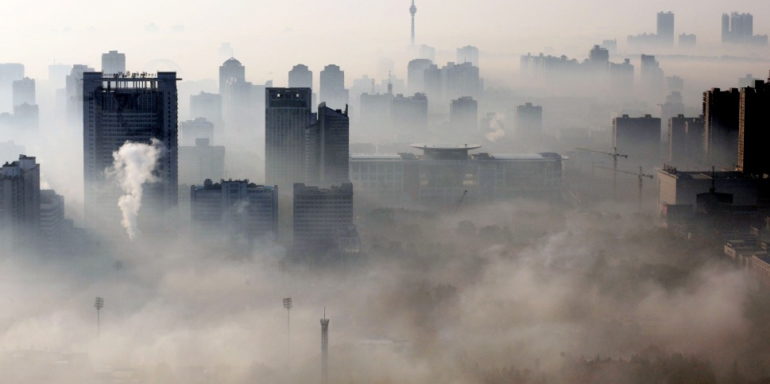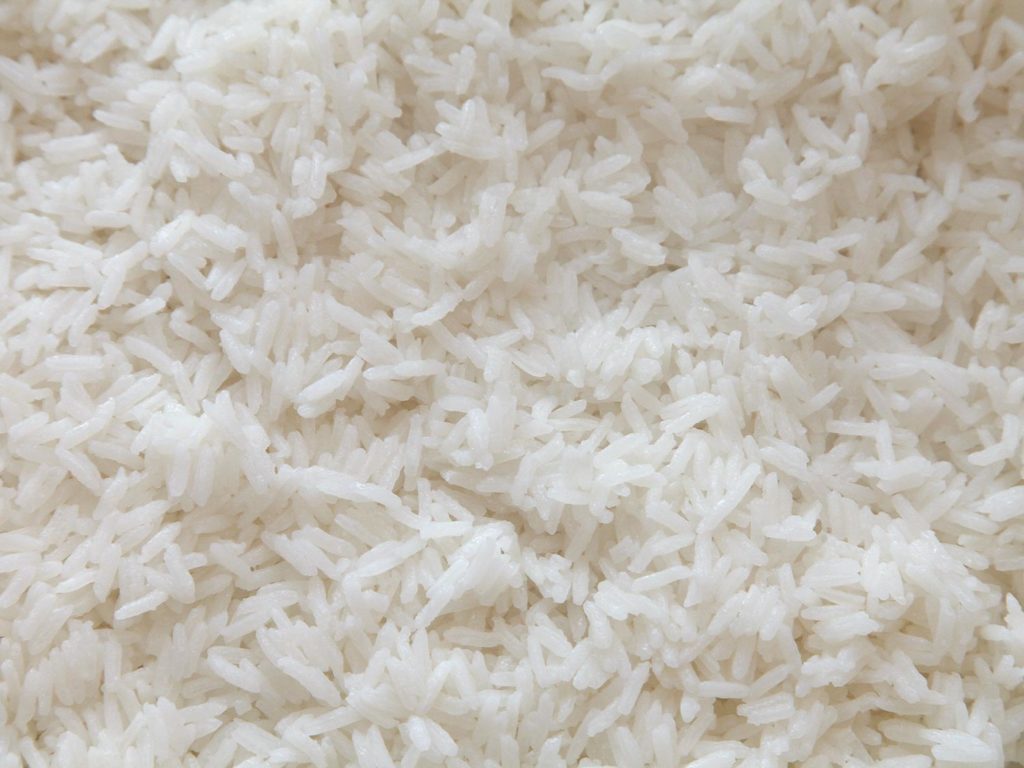More and more in the news we hear about climate change, pollution, and bizarre human-induced weather patterns. If you hear and read all of it and think, ‘wow that’s bad’, but don’t really totally get the little implications of what exactly it means, you’re on the same page as most adults. But sit tight for about five minutes and hear about the rice crisis in China.
Waste and industrialization has had a major impact on China’s rice crops, and not many people know about it. Have you ever thrown away a phone or computer? Me too. So there’s this town in Guangdong Province, China, called Guiyu. Guiyu is similar to a lot of other very small rural towns in China, where many of the citizens who live there have the job to take apart your thrown away phone or computer or i-Pod, and save the parts like copper wires and gold bits so that they can be reused. Sound sustainable? Not really.

Photo Courtesy of greenpeace.org
The skeletons and other pieces of the tech that the workers take apart (usually without any mouth or hand protection) usually end up just in big piles on the streets, or in waterways. Guiyu is now no longer functioning as an e-waste town, but it definitely isn’t the rice production hub that it was until the 2000’s. They’re now having water shipped in from 30k away, and extremely high levels of cadmium have been found in rice up to 400 kilometers away.
That’s where the big issue comes in. Not only is rice a major business for China, but it’s also many people’s main food group. People aren’t going to stop eating or farming rice because its often the main employment option, and it’s not just around Guiyu. High levels of arsenic, cadmium, and lead, have been found in rice all over China. All of these metals, when consumed, can have extremely detrimental health effects, and when I asked one of my professors in China what people were doing with the rice, he said, “In the South, they’re shipping it to the North. In the North, they’re shipping it to the South.”

Photo courtesy of china-mike.com
According to the Beijing Environmental department, about 60% of Chinas waterways are “unfit for human contact”. Who here has seen a picture of the huge-ass bogs that rice grow in? Yeah, rice grows in big pools of water. Yikes. This contamination is not only due to e-waste, but the rapid industrialization in China and mining industries.

Photo courtesy of seriouseats.com
I’m definitely not saying that we should be freaking out, because we shouldn’t. Only about 7% of the rice in the U.S. is imported, so unless you’re eating foreign rice for three meals per day you probably won’t be affected. But that’s exactly why we should be thinking about this anyway, because while we may not need to worry, millions of people globally are being affected by this food crisis that nobody is talking about, a food crisis caused by man-made pollution.
And this is just one case. Droughts and forest fires have had extreme effects on California and Latin America, decimating crops, and studies have proven that coal-burning world-wide can cause injury to crops and vegetation. All that this means is something that we already know. Eating local means you know where your food is coming from and what’s going into it, and besides that, it’s our job to do our part to help with the rest.
You may feel like you have no affect on the environment as just one person, but taking a shorter shower, starting to compost, and carpooling with a friend is the difference that matters. Because the more measures we take now to prevent and counter pollution and climate change, the less weather, food, and health crises we’ll face coming up.


